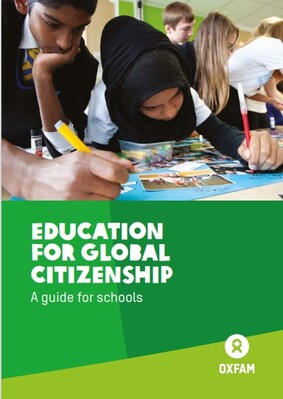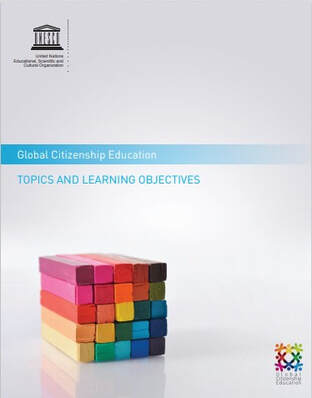|
Global citizenship is the idea that every person, regardless of their nationality, culture or background, has a responsibility to contribute to building a better world. It is a mindset that goes beyond being a citizen of one's own country and recognizes the interconnectedness and interdependence of all people and the planet.
Global citizenship involves being aware of global issues, such as poverty, inequality, environmental degradation, and climate change, and taking action to address these issues. This can be done through individual actions, such as reducing one's carbon footprint or volunteering, as well as through collective action, such as supporting policies that promote sustainable development or advocating for human rights. |

Photo by Fernando @cferdophotography on Unsplash
|
Global citizenship also involves valuing diversity, promoting intercultural understanding and respect, and recognizing that all people have the right to be treated with dignity and respect, regardless of their race, gender, religion, or nationality. It is about fostering a sense of belonging to a global community and working together to create a more just and sustainable world for all.
Global Citizenship Education (GCE) is an approach to education that aims to develop the knowledge, skills, and attitudes necessary for individuals to become responsible and engaged citizens of the world. GCE promotes an understanding of the interconnectedness of global issues and challenges, and encourages individuals to take action to address them.
GCE focuses on fostering critical thinking, empathy, and a sense of social responsibility among learners. It encourages them to engage with diverse perspectives and experiences, and to recognize their own positionality and privilege within global systems of power and inequality.
GCE is often interdisciplinary in nature, drawing on multiple fields including social studies, geography, economics, and environmental studies. It can be integrated into formal education systems, such as through the inclusion of global themes and perspectives in curricula and teaching practices, as well as through informal education, such as community-based initiatives and youth-led activism.
Overall, GCE aims to equip learners with the knowledge, skills, and values needed to navigate complex global challenges and to work collaboratively towards creating a more just and sustainable world.
GCE focuses on fostering critical thinking, empathy, and a sense of social responsibility among learners. It encourages them to engage with diverse perspectives and experiences, and to recognize their own positionality and privilege within global systems of power and inequality.
GCE is often interdisciplinary in nature, drawing on multiple fields including social studies, geography, economics, and environmental studies. It can be integrated into formal education systems, such as through the inclusion of global themes and perspectives in curricula and teaching practices, as well as through informal education, such as community-based initiatives and youth-led activism.
Overall, GCE aims to equip learners with the knowledge, skills, and values needed to navigate complex global challenges and to work collaboratively towards creating a more just and sustainable world.
Our training course and project activities are based upon published research and reports. Selected publications and supporting documentation can be accessed in a range of languages below.
Click on the image to open the document
Click on the image to open the document






